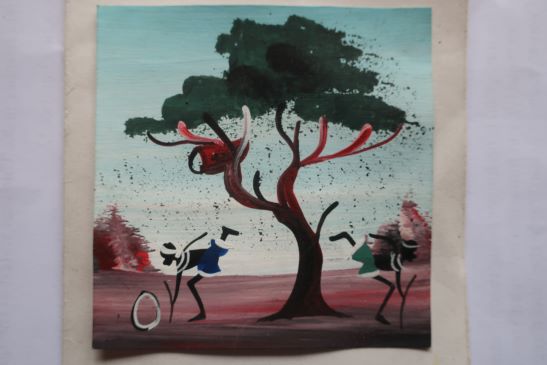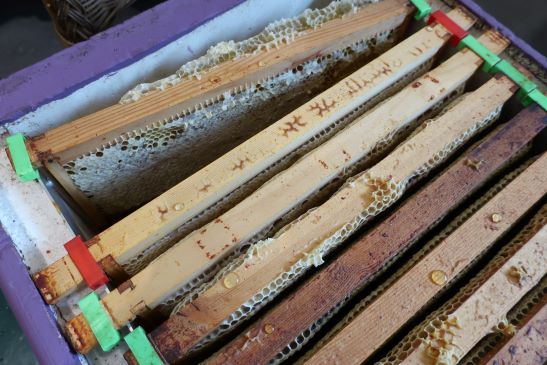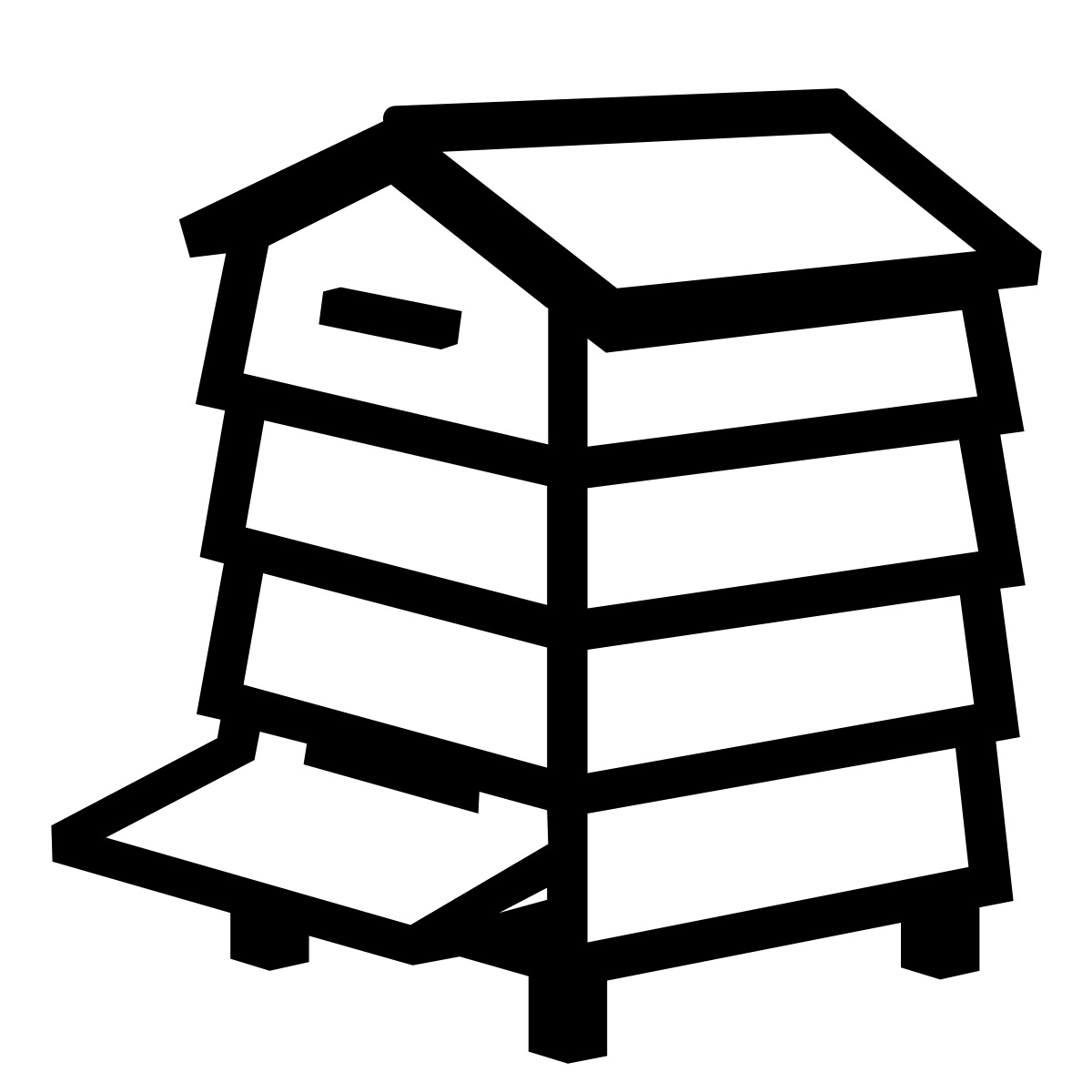
Introduction


What a busy fortnight, and so warm and dry. All six productive colonies are waiting for new queens after swarm control. The earliest harvest on my records ran through the extractor this week. It was mostly delicious dandelion honey following an epic bumper crop. Three supers came off the home apiary, and the out apiary yielded an early box destined for cut comb. My local health food shop has been asking me for some recently. They can’t get enough to sell at the moment.
For World Bee Day on Monday, I wore a my sticker on my tee shirt and spoke on Radio Scotland to promote the day. What did you do?
Bees Clear Off
I was going to tell you that a nuc absconded the other day but that might not be correct according to research findings on the topic. The key thing is it cleared off leaving about 30% of the bees, and not a queen cell to be seen on any of the three brood frames. I was perplexed. It was not a particularly hot day. The nuc was made up two weeks ago and I was waiting for new brood frames to arrive that evening and I would have added another brood box. They just erupted from the nuc and shot off over the hedge to the west without stopping to mill about in a cluster. I guess they needed more space and adding a super would have been a good plan till I’d expanded the brood nest. Isn’t hindsight a terrific thing?
Winston1 says that “absconding is the abandonment of a nest by a colony which forms a swarm and presumably reestablishes itself elsewhere.” Absconding differs from reproductive swarming because few or no workers are left behind, and there are no viable adult or viable queens left behind.
Absconding
Absconding is common in Africa. Nurie2 discusses his recent research in Ethiopia which is quite fascinating. Did you know that Ethiopia is the largest honey producing African country and ranks number 10 in the world? It also is the leading wax producer, but, despite this, its yields of all hive produce are lower than they could be given the abundant resources available.
There is diverse flora in this country with over 70,000 species of flowering plants and beekeeping is an important activity in the rural economy. An annual production of 54,000 tonnes of honey might seem like a lot but it is estimated to be lower than the potential for production.
Beekeeping is challenged by lack of government support for beekeepers who need more education to understand the forage and honey bee life cycles, and practice more efficient honey bee management strategies. The other main challenges are highly defensive bees, swarming, and absconding.
Reasons for Abandoning Nest
The reasons for absconding can be lack of resources, pesticides, parasites, unsuitable hives, frequent disturbances, extremes of temperature (high and low) and poor hive ventilation.
There are two types of absconding which are planned and unplanned. Unplanned absconding is caused by disturbance from predators of which there are many in tropical Africa. However, pests such as small hive beetles can induce absconding. In temperate climates there are few predators capable of disturbing a colony to such a degree as to cause abandonment of the nest, and bees here have evolved a lower tendency to abscond.
Planned absconding is resource driven and often happens in tropical regions when there is a scarcity of resources such as pollen, nectar, and water. The rainy seasons are challenging times for beekeeping and the forage dearth is a key factor in absconding. Interestingly, absconding colonies carry away twice as much honey as reproductive colonies do when swarming, and in Africa they might travel 160 km before making a new nest.
Has anyone else experienced absconding honey bees? If so, please share your stories.
References:
1Winston, M.L. 1987. The Biology of the Honey Bee. Harvard University Press.
2Nurie, A.Y. 2020. Factors Affecting bee Colony Absconding and Prevention Mechanism in Ethiopia: Review. International Journal of Agriculture Innovations and Research Volume 9, Issue 2.

Very interesting article
Recently I was inspecting an 8 frame Nuc which had swarmed and then came back and gathered below the nuc.
Queen was recovered and used to re-queen another stock.
On inspecting the swarmed nuc there was no queen cells at all.
It was however wall to wall with brood. Even the combs on the outside were full.
All honey stores were in the super above.
I can only theorise that the hive decided that it was too congested and they went in an emergency.
Also new swarms into new hives can be an issue for absconding
Happened to me twice last year and both took themselfs into used boxes instead.
Sometimes your left asking yourself what the hell is going on lol.
Thank you for sharing your experiences, George. Nuclei probably need more management than you might think, and are really handy for swarm control but need full-sized hives pretty quickly. It is certainly an advantage having clipped queens when you are around the colonies and can see what’s going on.
I’d forgotten about swarms clearing off soon after being hived sometimes when I wrote this article. So, thanks for reminding me. A good reason for a queen excluder on the floor for a few days!!.
Got to love keeping bees or at least giving them a place to thrive for a while.



Indeed, Rick. Thanks for commenting.
Congratulations on getting a crop of dandelion honey. I’ve never had this experience. Does dandelion honey have a distinctive flavor? Is it light or dark in color?
Thank you, Tom. I think that everyone locally got a crop this year as dandelions phenomenal. The honey and wax is bright yellow/golden and the water content is low so it is quite viscous honey. I can’t really describe it adequately but it smells like a field of the flowers, and the taste is very sweet yet piquant. We need a honey sommelier!
Hello, Ed. Why do you think your bees absconded?